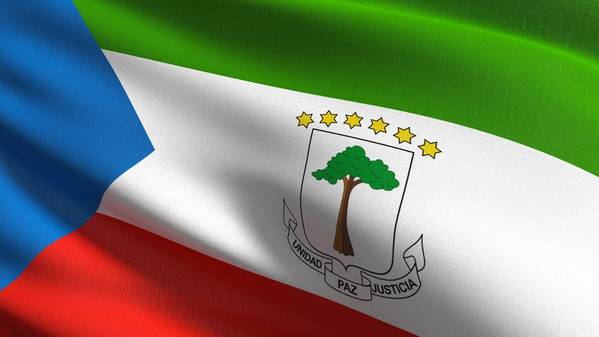
New currency controls enforced by the Bank of Central African States (BEAC) could ruin the oil and gas industry in the Gulf of Guinea and "destroy" Equatorial Guinea's economy, the country's oil minister told Reuters on Wednesday.
Equatorial Guinea, a small West African member of the Organization of the Petroleum Exporting Countries, derives more than 90% of its foreign revenues from its oil and gas industry.
The BEAC rules introduced in June are aimed at bringing order to a monetary bloc awash with petrodollars which, owing to lax controls, often end up in offshore bank accounts after bypassing local economies completely.
Businesses say the restrictions are causing dire currency shortages and delaying transactions. The minister, Gabriel Obiang Lima, said they were jeopardizing investments by multinational energy companies in Equatorial Guinea's oilfields.
"This is a disaster for oil and gas in the Gulf of Guinea," he told Reuters on the sidelines of an oil and power conference in Cape Town.
"We are working with this entity (BEAC) ... I'm going to be very loud and clear that oil and gas should be exempt from these restrictions," he added. "Companies are saying I am not going to invest $2-3 billion there (if) I cannot take it out."
Obiang Lima also said Equatorial Guinea expected to announce the winners of a new licensing auction, which included Block R and the related Fortuna gas project, in November. The auction has seen unprecedented interest from Russian firms, he said.
"Block R should be a priority for us ... We are very confident that next year Fortuna will be a project ready to be sanctioned for either floating or back-filling," he said.
Block R is one of 27 blocks initially offered in Equatorial Guinea's latest licensing round, which for the first time includes bids for mining exploration. Just 17 of these blocks, which include deep and ultra-deepwater prospects, will be awarded.
Equatorial Guinea reclaimed the Block R concession from Ophir Energy after the company struggled to raise the money to develop what would have been one of Africa's first floating liquefied natural gas (FLNG) projects.
Obiang Lima also warned ExxonMobil, which will operate the Zafiro oilfield until 2025 when its contract ends, and Marathon Oil in the Alba field that they may lose these concessions unless they invest significantly in 2020.
"Next year we have a new policy that is 'invest or drop'," he said.
Obiang Lima used similar tactics to get more than $2 billion of investments in 2019 for drilling and exploration campaigns.
He also said a project to build a large oil storage facility on Bioko Island would not go ahead.
"We did actually scrap that project," the minister said, citing liquidity issues and other developments including the construction of a refinery.
The refinery would likely be modular, with capacity of 20,000 barrels per day (bpd), he said.
Equatorial Guinea is expected to produce around 120,000 bpd of oil this year, the minister said, boosted by a new discovery by Noble Energy that would supply another 10,000 bpd.
(Reporting by Helen Reid and Wendell Roelf; Editing by Dale Hudson)



